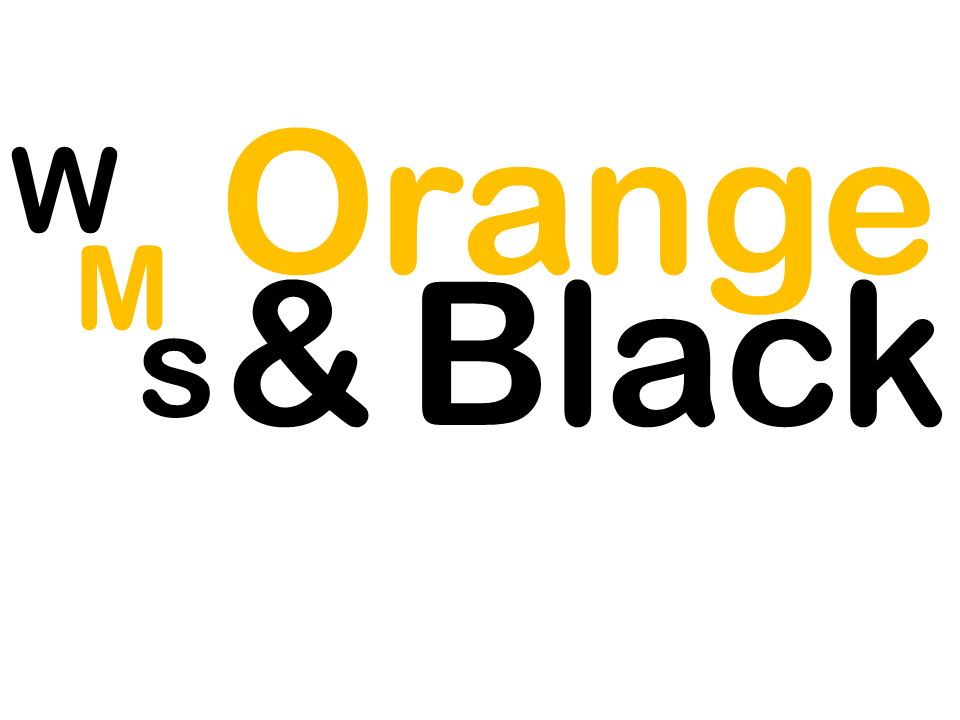The Little Prince: Book and Movie Review by Isabelle Rideout
Friday evening, while many students went to see Endgame, I saw a very different movie: The Little Prince (2015) on Netflix. This was a follow up to my family’s reading of the classic novel of the same name by Antoine de Saint-Exupéry over break. On Saturday, we subsequently watched Invisible Essence: The Little Prince (2018), a analysis of the story.
For those don’t know, Saint-Exupéry’s The Little Prince is a classic, universally beloved novel originally published in 1943, during the German occupation of France. It wasn’t published in Saint-Exupéry’s native France until 1946. The book, which tells the story of the little prince of asteroid B-612 and his journey through the voice of a lost aviator that encounters him in the Sahara, has been translated into over 300 languages and dialects, second only to the Bible. (Some claim Pinocchio has been translated more, but no one can give concrete evidence.)
The Little Prince explore themes of growing up and becoming fascinated with “matters of consequence.” When I was very young I read the book, but I didn’t understand it very well. This time, I understood the themes more and the of loss of childhood whimsy that comes with becoming an adult. There are also themes on what it means to be one’s friend. I only felt mildly moved by the book, until the end, which I can only describe by saying that there is a sort of sad poetry to it.
The 2015 movie adaptation is less an adaptation and more a continuation. The lost aviator is an old man who befriends a young girl and tells her the story of the little prince. The animation style differs between the little prince’s story and the main story. They live in a caricature of a world, where everything is focused on efficiency and “matters of consequence.” Sometimes we hear a radio broadcast in the background, which has lines taken directly from the book. The little girl, who is never named, is preparing the attended Werth academy, which is named after Léon Werth, who the book is dedicated to. The first half is a moving story, before the girl bonks her head and we descend into a madcap adventure that is most likely a dream. I find that it has a bit too much continuity for a dream, but is absurd enough. The ending certifies its place as a worthy tribute to the book.
Invisible Essence: The Little Prince focuses mainly on Saint-Exupéry’s life and inspiration for the book. Saint-Exupéry was an avid aviator, and worked for Aéropostale. The movie touches upon the fact that the rose is the only female character in the book, but isn’t representative of Saint-Exupéry’s view on all women, just one: Consuelo, his wife.
Saint-Exupéry was lost at sea after departing from Corsica on July 31, 1944. Remains of his plane have since been discovered. Le Petit Prince remains a classic beloved worldwide, and I recommend it to my classmates.

I want to read this book now! Maybe I will.